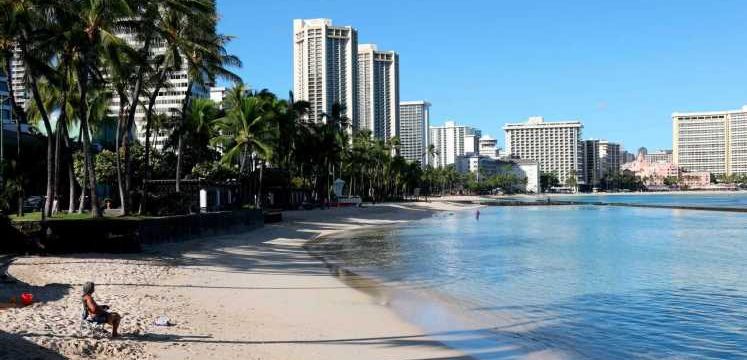HONOLULU — The governor of Hawaii has issued another emergency proclamation in response to the coronavirus pandemic that extends the statewide eviction moratorium for another two months and details plans for vaccinated travelers.
Democratic Gov. David Ige signed the proclamation Friday extending the statewide moratorium on residential evictions until June 8. The moratorium began in April 2020 and was set to expire Tuesday.
Under the moratorium, landlords are prohibited from evicting tenants for failure to pay rent, maintenance fees, utility bills, taxes and other required fees.
The emergency proclamation also revealed plans to allow vaccinated travelers to bypass mandatory quarantine upon arriving to the state. People who are fully vaccinated would be able to avoid COVID-19 testing and quarantine by uploading valid vaccination documents to the Safe Travels Program or showing documents in person.
Fully vaccinated against COVID-19? CDC says it’s safe to travel but still recommends staying home
Spring break: Hawaii spring break travelers arrive, some flouting COVID-19 mask mandate
The provision must receive approval from Maj. Gen. Kenneth S. Hara, the director of the Hawaii Emergency Management Agency. Ige did not provide a timeline for when the vaccine passport provision will be made available.
The emergency proclamation also provided an extension for state IDs, driver’s licenses and instructional permits that expired during the pandemic.
Hawaii has reported more than 30,000 confirmed COVID-19 cases since the pandemic began last year and 470 deaths as of Friday.
More than 114.4 million people, or 34.5% of the U.S. population, have received at least one dose of a coronavirus vaccine, according to the Centers for Disease Control and Prevention. About 68.2 million people, or 20.5% of the population, have completed their vaccination.
Common symptoms of COVID-19 include fever, cough, breathing trouble, sore throat, muscle pain and loss of taste or smell. Most people develop only mild symptoms. But some people, usually those with other medical complications, develop more severe symptoms, including pneumonia. Sometimes people with a coronavirus infection display no symptoms.
Source: Read Full Article
